Spatial Planning & Environment
On the 2nd of July 1968, prof. G.J. van den Berg was appointed at the University of Groningen to lecture Planning and Demography. Van den Berg's immediate interest was Spatial Planning. It is the beginning of fifty years of development which resulted in three separate programmes in Spatial Planning. At this moment there are about 3 to 4 hundred students in Spatial Planning, in size the largest in the Netherlands.
For information, please contact secretary Diana Bruinewoud
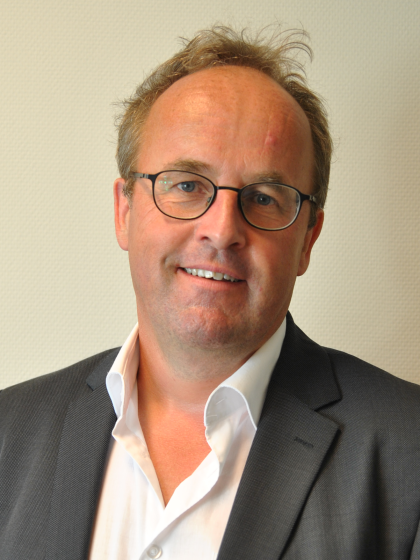
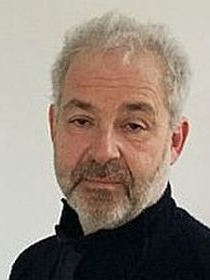
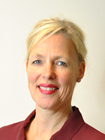
Environment & Infrastructure Planning
The Expertise team on Environment & Infrastructure Planning unites a focus on key challenges and transformations in our physical environment with social and institutional responses and innovations that may help approach them. The pursuit of a more sustainable society has vast spatial and societal implications. Amongst these are the pursuit of resilient and safe environments, the integration of renewable technologies in our landscapes and societies, and how changing ideas about mobility, transport and infrastructure are pushing for novel forms of infrastructure development. While the changes and challenges in our physical environment unite experts in this team, much focus goes in to the actual processes of planning and governance of these challenges. Climate change adaptation and mitigation urges our experts to engage with issues ranging from water management, climate resilient cities and water safety, to integrated energy planning, inclusive energy planning and energy justice. Infrastructure planning addresses novel forms of project management, boundary spanning and public private partnerships, each allowing for a more inclusive and integrated planning. Finally, wider topics such as marine spatial planning, sustainable urban development and spatial quality in relation to climate challenges feature in the work of our team members.
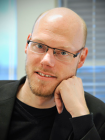
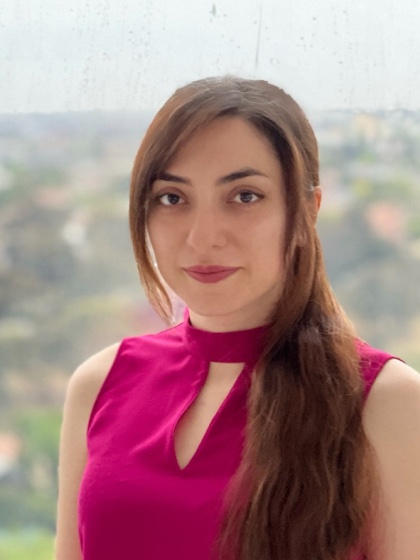
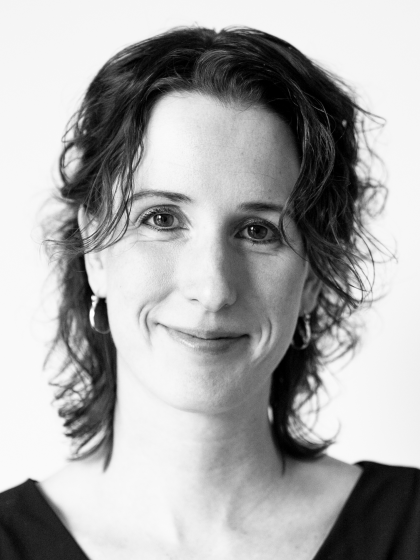
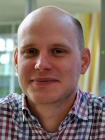

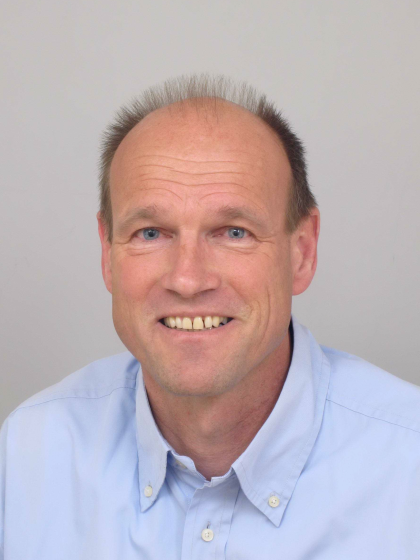

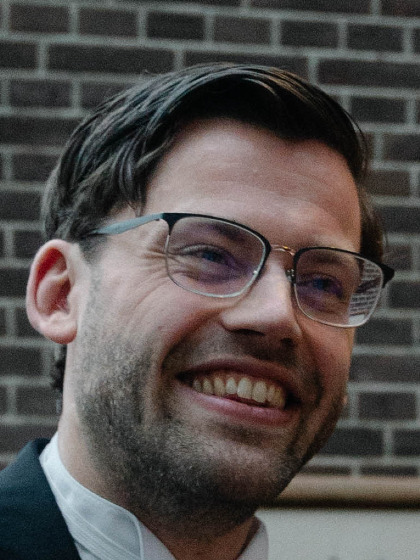
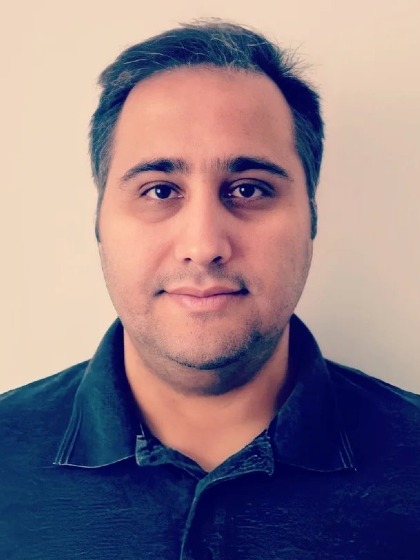
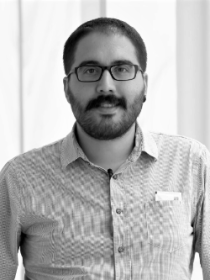
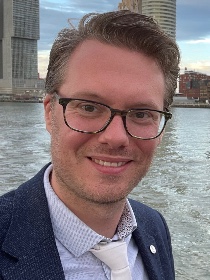
Spatial Analysis & Design
Spatial transformations require premeditation on strategic actions. The Spatial Analysis and Design expertise team concentrates on the how experts and communities of people alike determine what is (spatial analysis), what could be (ideation) and what should be (ex ante evaluation and decision-making). Analysis and design of spatial situations considers both the physical built environment we live in, and the behaviour, rules and regulations that apply to it. This physical-institutional nexus makes the Groningen approach to spatial design unique. Our research projects aim to better understand how communities arrive at decisions that work both physically and institutionally. Modelling projects of spatial processes and qualitative research on search processes for transformation plans are the main focus. The team members train students in Ba and Ma programs in design skills and analytical tools.
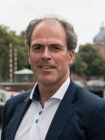

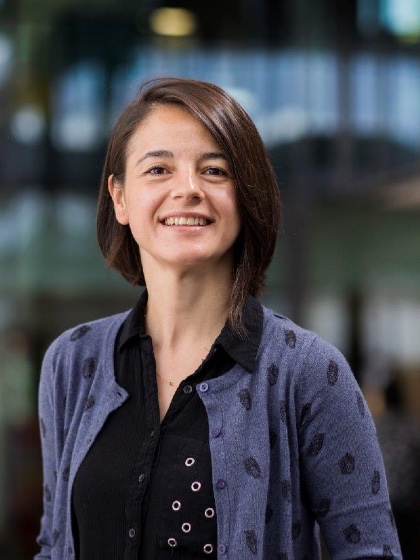
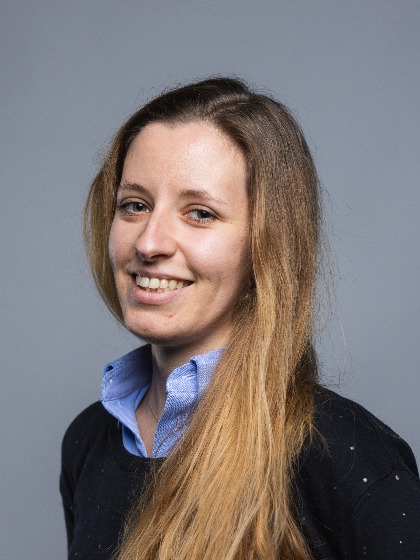
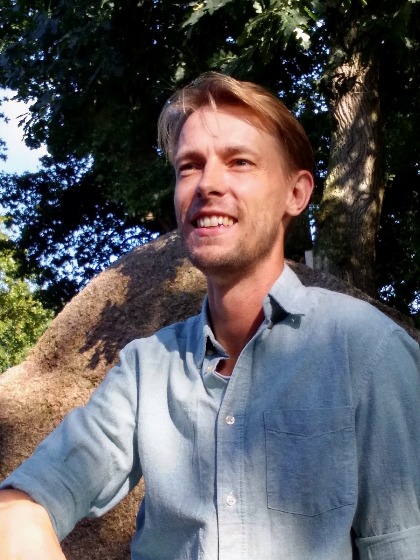
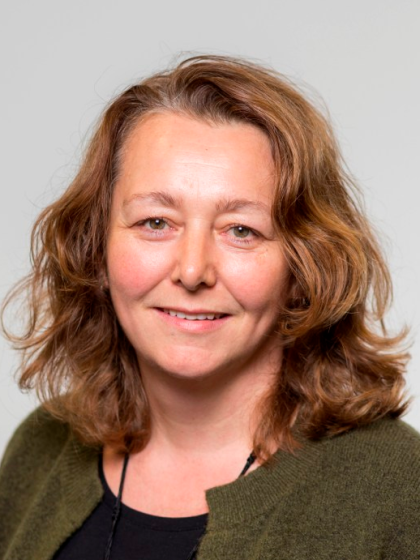
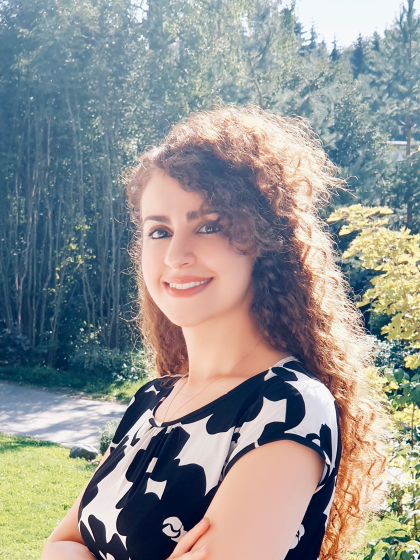
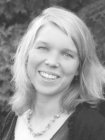

Engaging Society
The expertiseteam Engaging Society focuses on the role of civil society in socio-spatial planning, as the starting point for education and research. Patterns of production, consumption and land-uses cause sustainability problems, which influence people, places and communities in unequal ways. Climate change adds further complexity and vulnerability to this picture, posing risks upon people.
Our research covers urban adaptive governance, post-growth planning, participative approaches and the role of planners. We also analyse the rise of active citizenship, grassroots innovation, and collective action, where participants aim to take matters in their own hands in processes of self-organisation. We pay specific attention to the role of co-creative methods for dialogue and participation. We study the socio-spatial and institutional conditions for social and spatial justice and ‘resourceful’ communities, able to adapt to current and future challenges. An example are the capacities of civic, private, and public actors, which can support ‘positive social tipping points’ in processes of wider transformative change. We conduct research in rural-urban settings, including coastal areas, such as our neighbouring Wadden Sea region, aiming to create meaningful societal impact in the Northern Netherlands and beyond.
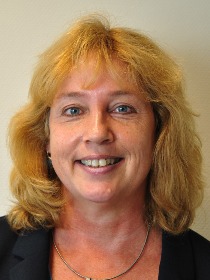

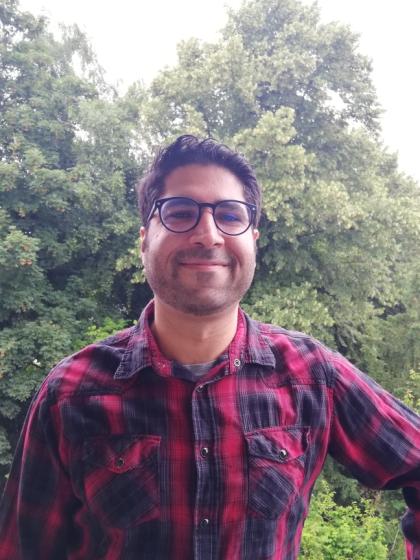
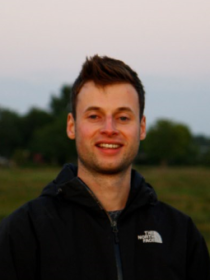

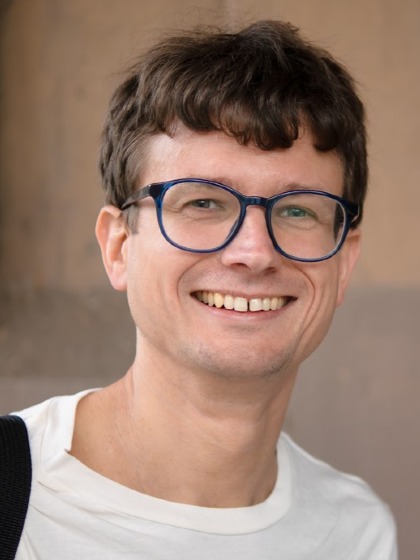
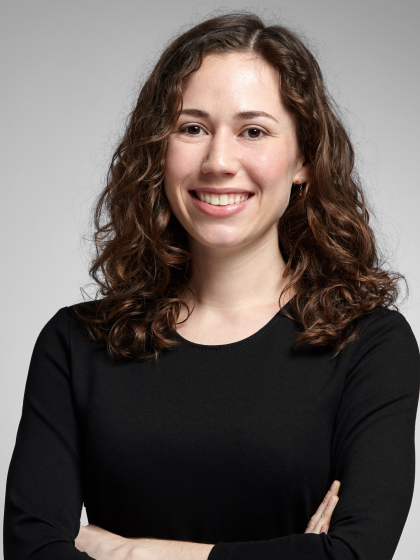
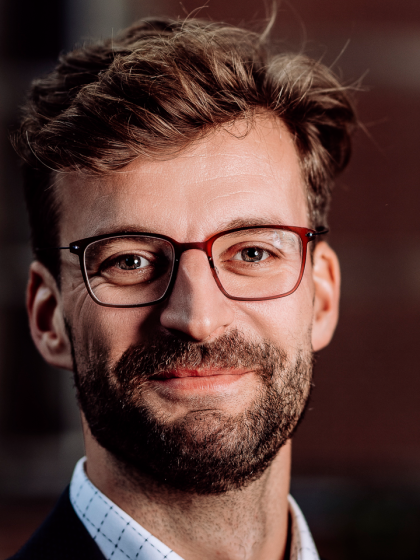
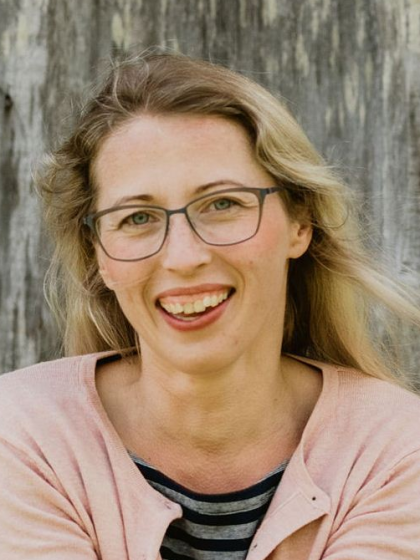
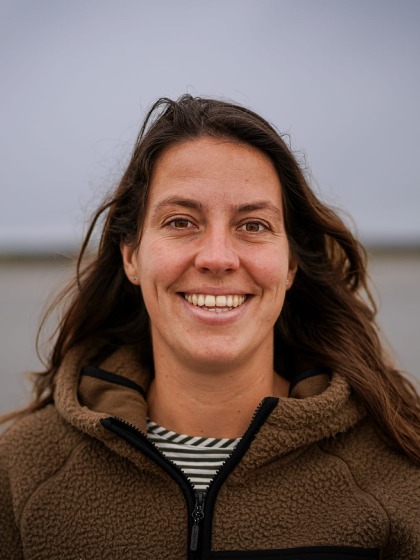

PhDs
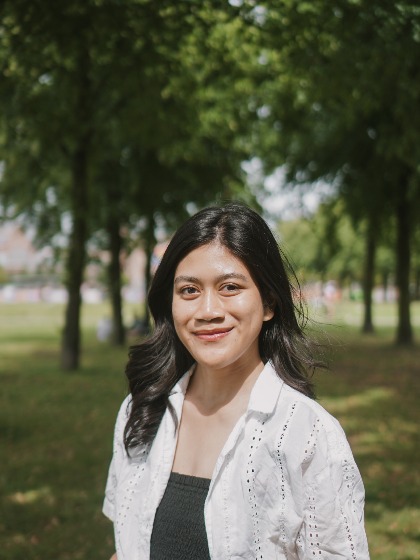
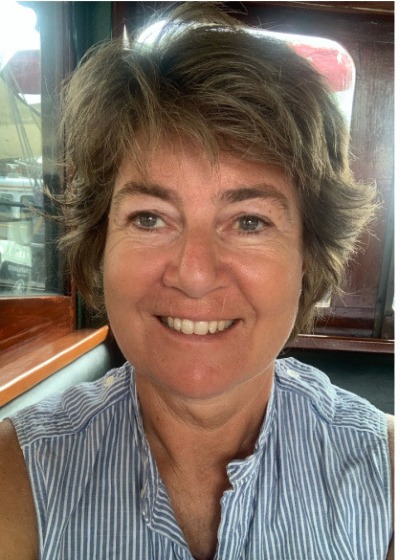


![A.N. (Aryani [Rya]) Chandramidi, MSc](/staff/a.n.chandramidi/rya-chandramidi.jpg)

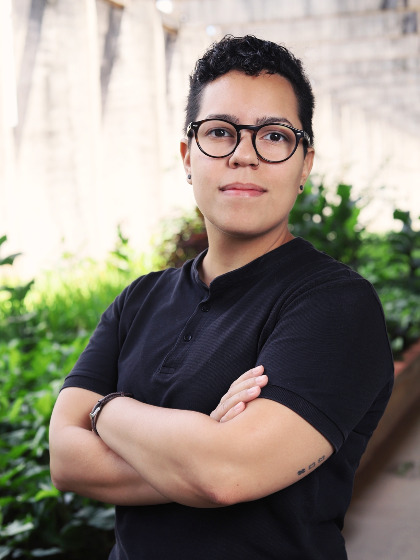
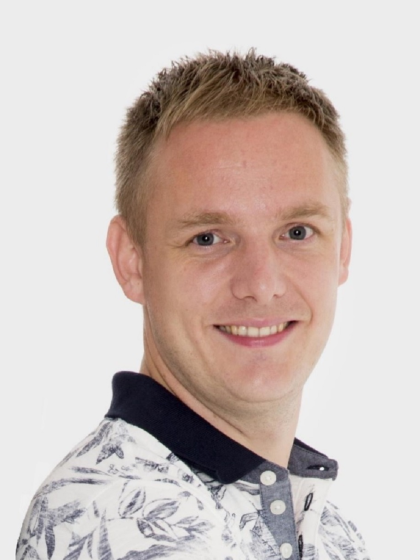





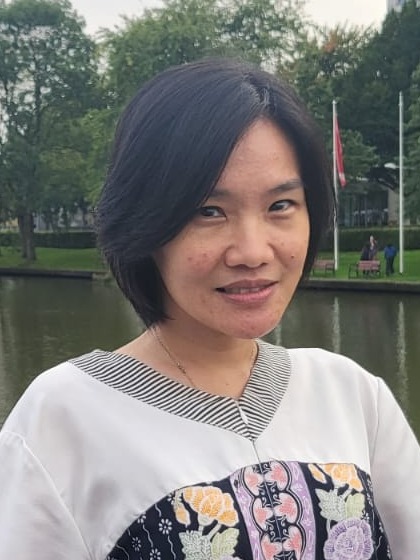
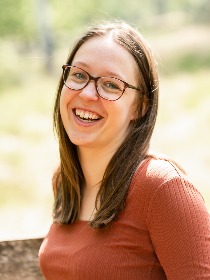
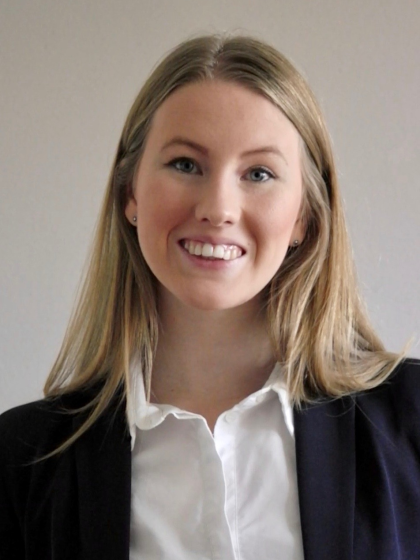



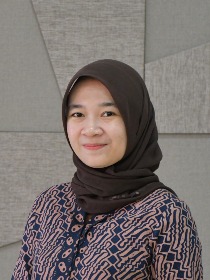
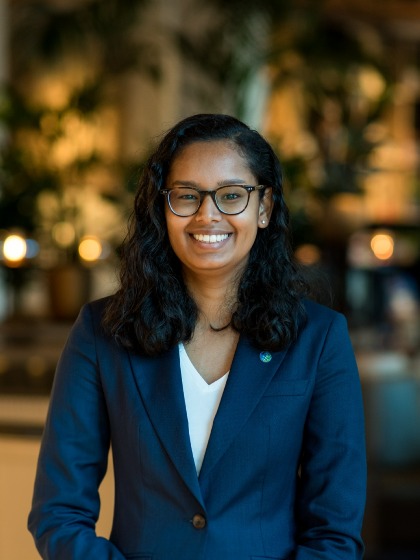
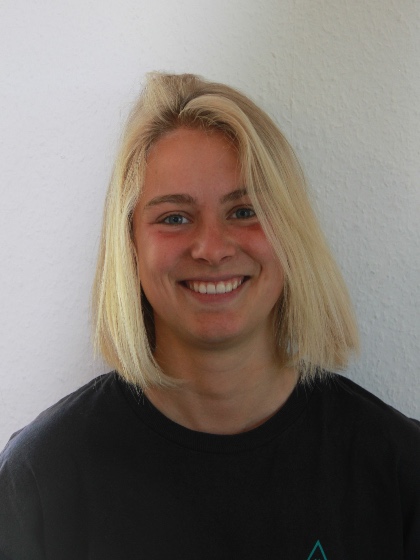

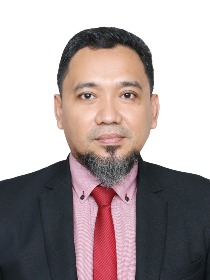
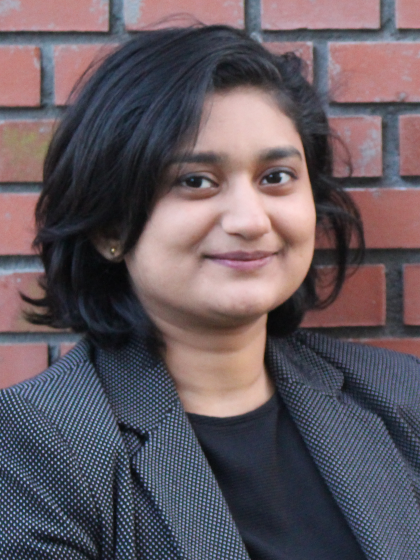
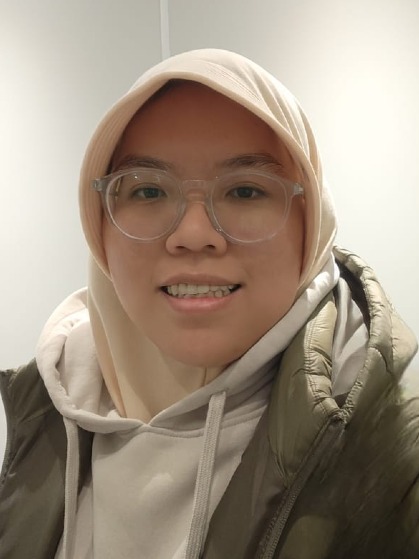
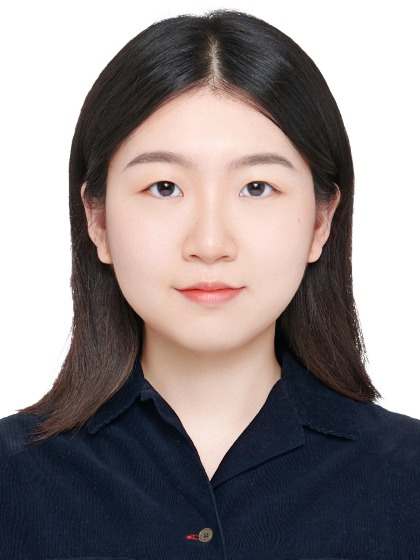

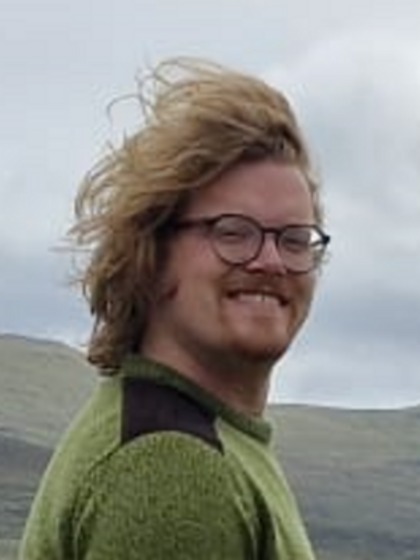
| Last modified: | 18 February 2025 2.58 p.m. |

